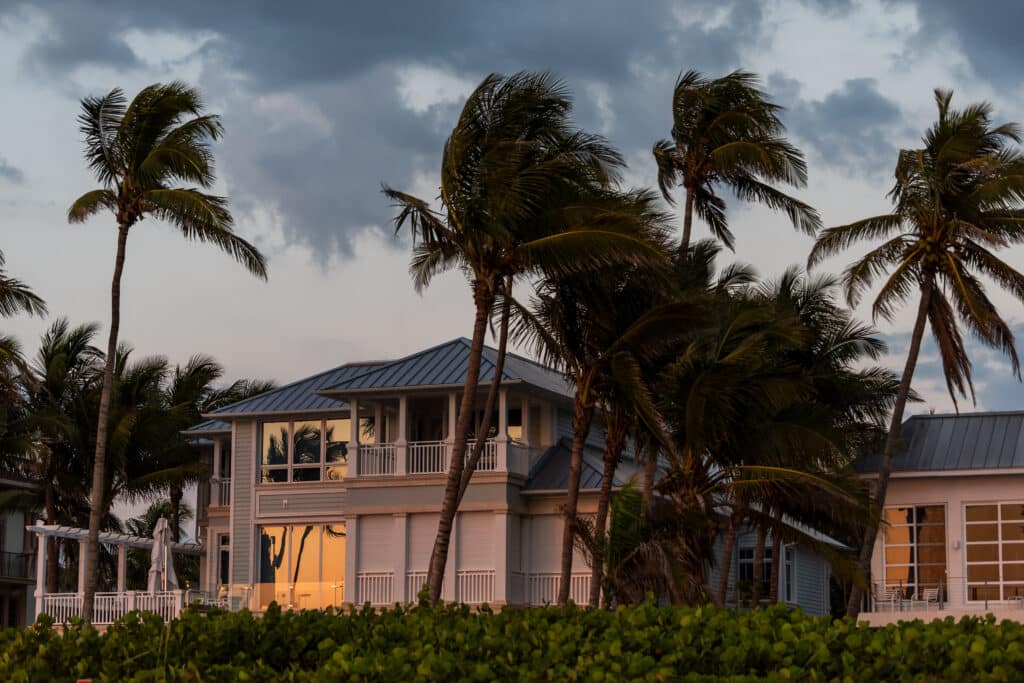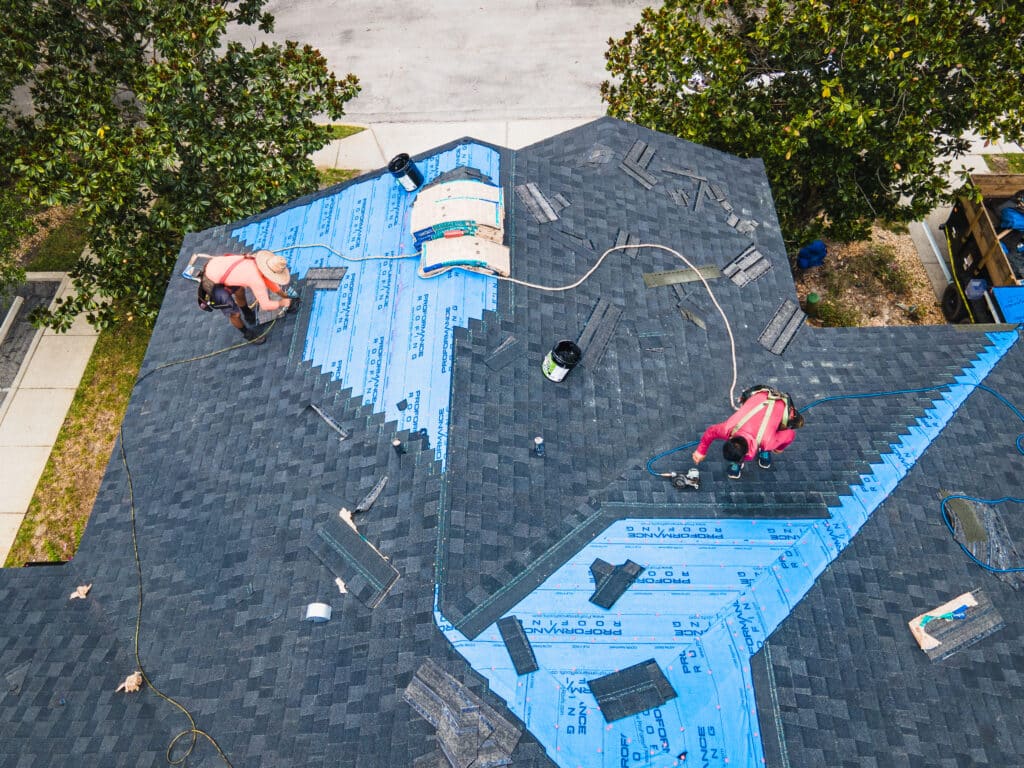Hurricanes are powerful and destructive natural disasters that can wreak havoc on communities, cause widespread property damage, and pose a significant threat to the lives of those in its path. Being prepared for a hurricane is crucial to ensure the safety of your loved ones and the protection of your home. In this comprehensive hurricane preparedness guide, we’ll walk you through the essential steps and precautions you should take before, during, and after a hurricane to minimize its impact. Hurricane season is well underway and Hurricane Idalia is set to be the first major hurricane to hit Florida as a category 3 hurricane, it’s important to be prepared and know what to do in case of an emergency.
When does Hurricane Season Start?
The hurricane season starts June 1st and lasts until November 30th. The National Oceanic and Atmospheric Administration (NOAA) predicts a 40% chance of a near-normal season, a 30% chance of an above-normal season, and a 30% chance of a below-normal season. NOAA also predicts 12-17 named storms, 5-9 hurricanes, and 1-4 major hurricanes.

Hurricane Preparation Checklist – What to do Before a Hurricane Hits
Preparing for a hurricane to hit is the first major step you can take to ensure the safety of your home and loved ones. Preparation is key to minimizing the potential damage caused by these powerful weather events. By following these steps, you can protect your property, belongings, and most importantly, your loved ones.
Secure Loose Objects and Structures that are Outdoors
If there is a hurricane heading your direction it’s important to secure any structure that could fly away in the high winds of a hurricane. Anything that can fit inside your home should be moved inside and the rest should be tied down or covered. It’s also a good idea to trim any trees on your property and remove dead branches.
Reinforce Windows and Doors
Depending on the category of the hurricane it might be a good idea to reinforce your windows, especially if you live in a coastal area. Boarding your windows with plywood will help protect them from flying debris. It’s recommended to do so if the hurricane is category 2 and above. Make sure all windows and doors are properly sealed to prevent any flooding inside your home.
Inspect your Roof and Gutters
Ensure that your roof is in good condition by checking for any loose or damaged shingles and ensuring the flashing is secure. Clean out gutters and downspouts to prevent water backup, which can cause leaks and structural damage if not dealt with.
Have Enough Food, Water, and Medication
Do this by stocking up on clean water and non-perishable foods. Make sure you have any medications you’ll need for at least a week. Have a first aid kit on hand. Flashlights and batteries are always good to have in case of power outages.
Check Evacuation zones
Make sure to actively check the evacuation zones and follow them promptly. Don’t risk it, if you’re in the evacuation zone follow the evacuation orders. Make sure your car/cars are full of gas in case of last-minute evacuation orders. Make sure you know what your evacuation route is.
Stay Informed
Keep yourself updated on weather forecasts, especially during hurricane season. Sign up for local alerts and notifications from reliable sources such as the National Weather Service or your regional meteorological department. Stay aware of evacuation orders and other crucial information provided by local authorities.
What to do During a Hurricane
It’s important to know what to do during a hurricane in case something goes wrong. Some things you can’t plan for such as damage to your home during a hurricane and last-minute evacuation orders. In this section, we’ll go over how to stay safe during a hurricane.

Stay Informed (NOAA Weather Radio and Apps)
Use trusted sources like NOAA Weather Radio and weather apps for real-time updates. Sometimes tornadoes can form during a hurricane, it’s a good idea to stay updated so you know when to take cover in your home. If you’re worried about high winds causing damage to your home seek shelter within your home on the lowest floor in a room with no windows, such as a closet or bathroom.
Loss of Power During a Hurricane
If you lose power during a hurricane, make sure to keep your fridge and freeze closed as much as possible. Start by eating perishable foods. Try to charge every device before your power goes out. Try to have spare batteries for any devices that need them.
What to do After a Hurricane
After the hurricane has passed, it’s a good idea to check your home for damage. Be careful with any debris that may be outside. Be extremely cautious of any downed power lines, they may still be live and can cause extreme bodily harm if you come into contact with them. Make sure to check all around your house and roof for any structural damage. If you notice any damage it’s a good idea to contact a contractor as soon as possible, they are probably going to be busy in the coming months due to the storm, so the sooner you contact them the sooner you will get your roof replaced.

In Conclusion
Being prepared for hurricane season is crucial to safeguarding your home and loved ones. By following these steps, you can significantly reduce the risks associated with hurricanes and minimize potential damage. Stay informed, create a comprehensive emergency plan, secure your property, and stock up on essential supplies. Remember to prioritize safety above all else during severe weather events.